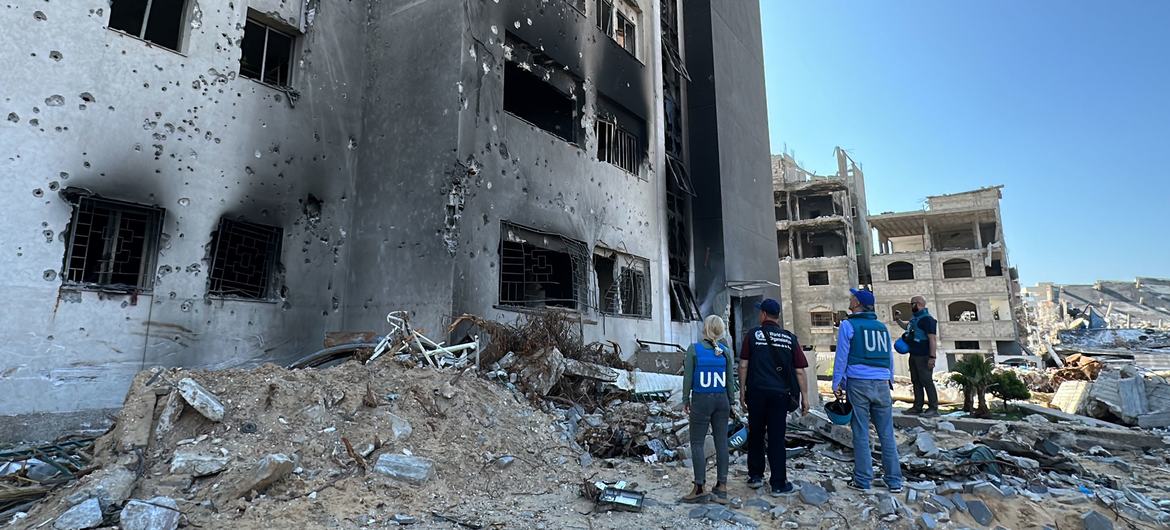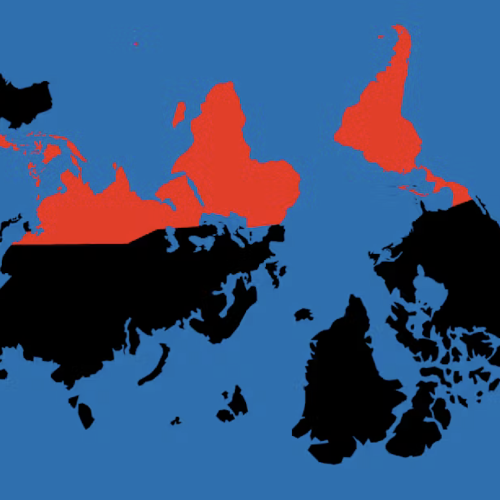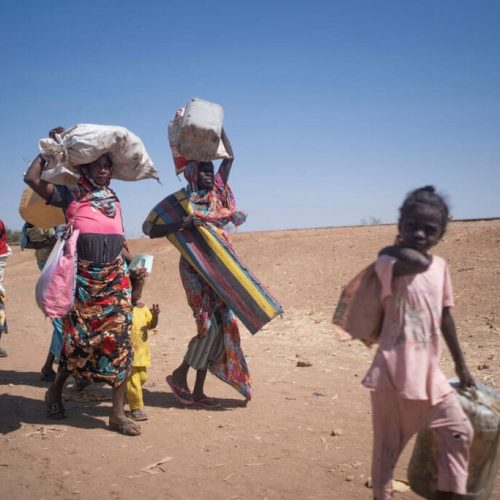June 13, 2024
Israel’s Dahiya doctrine intentionally violates International Humanitarian Law

The Israeli response to the brutal October 7, 2023 Hamas killings and hostage-taking has been widely criticized by the international community. The immense numbers of civilian deaths and injuries have prompted human rights experts to condemn Israel for its defense strategy that disproportionately harms civilians. The International Court of Justice ordered Israel to prevent acts of genocide in Gaza and the International Criminal Court is seeking arrest warrants for senior Israeli and Hamas officials. Deliberate or indiscriminate attacks on civilians and impediments to the passage of humanitarian aid are direct violations of the ‘rules of war’, or International Humanitarian Law.
International Humanitarian Law is informed by the 1949 Fourth Geneva Convention, its 1977 and 2005 additional protocols, customary international law, and the Hague Conventions of 1899 and 1906. All member states of the United Nations, as well as any party involved in a conflict, are bound by these international commitments. Among other components, these laws require all occupying powers or parties involved in a conflict to allow for the immediate and unrestricted passage of humanitarian aid, protect civilians, and enable the free movement of humanitarian workers.
Despite its responsibility and public commitment to uphold these obligations, Israel’s military strategy since 2008, known as the Dahiya doctrine, explicitly contradicts them. Lieutenant General Gadi Eizenkot, former commander of the Israel Defense Forces’ northern front, was the first to mention the Dahiya doctrine following the civilian casualties in Lebanon during the 2006 Israel–Hezbollah war. In a 2008 announcement after the destructive conflict, Eizenkot asserted, “What happened in the Dahiya quarter of Beirut in 2006 will happen in every village from which Israel is fired on… We will apply disproportionate force on it and cause great damage and destruction there. From our standpoint, these are not civilian villages, they are military bases… This is not a recommendation. This is a plan. And it has been approved” (Ynetnews).
Israel national security expert Gabriel Siboni explained in 2008 that the Dahiya doctrine aims to deter future attacks by inflicting damage extensive enough to prolong reconstruction and require significant financial investment. Similarly, former Israel National Security Advisor Yaakov Amidror stated in 2008 that, “Israel’s retaliation will be intentionally disproportionate. We, as a small country, do not have [the] luxury of responding proportionately.”
According to these statements, a key component of the Dahiya doctrine is Israel’s commitment to responding to enemy actions with disproportionate military force. Additionally, the Dahiya doctrine indicates that the Israel Defense Forces’ military response should target not only its enemy’s military capacities, but the infrastructure and economy that supports its opponent. This aspect of the Dahiya doctrine is framed as a future deterrence through depleting enemy resources.
The 2009 United Nations Fact Finding Mission on the Gaza Conflict acknowledged the Dahiya doctrine as an Israeli armed forces strategy that
involves mass destruction of civilian populations and infrastructure. Credible observers from The Guardian and Washington Post argue that the current onslaught devastating Gaza is a continuation of the doctrine (The Guardian; Washington Post).
Israel continues to disregard its international commitments by inflicting violent punishment on Palestinian civilians enormously disproportionate to the October 7 attack, destroying civilian infrastructure, and restricting humanitarian aid. Israel’s ongoing violations of international obligations are not isolated incidents unique to its current conflict with Hamas; they are intentional actions prescribed by national military strategy. While Israel has the right to protect its national security, its defense concerns do not justify explicit violations of International Humanitarian Law.
Image source: UN News




